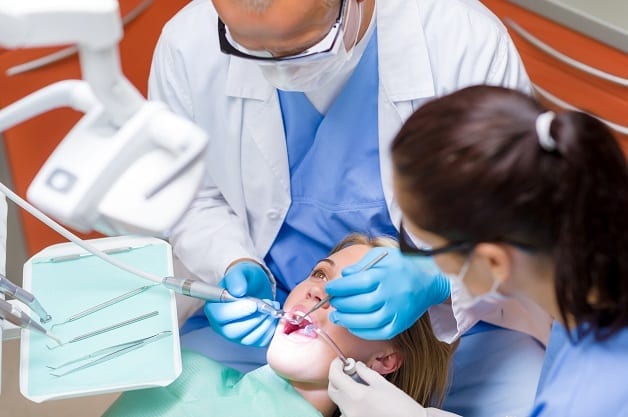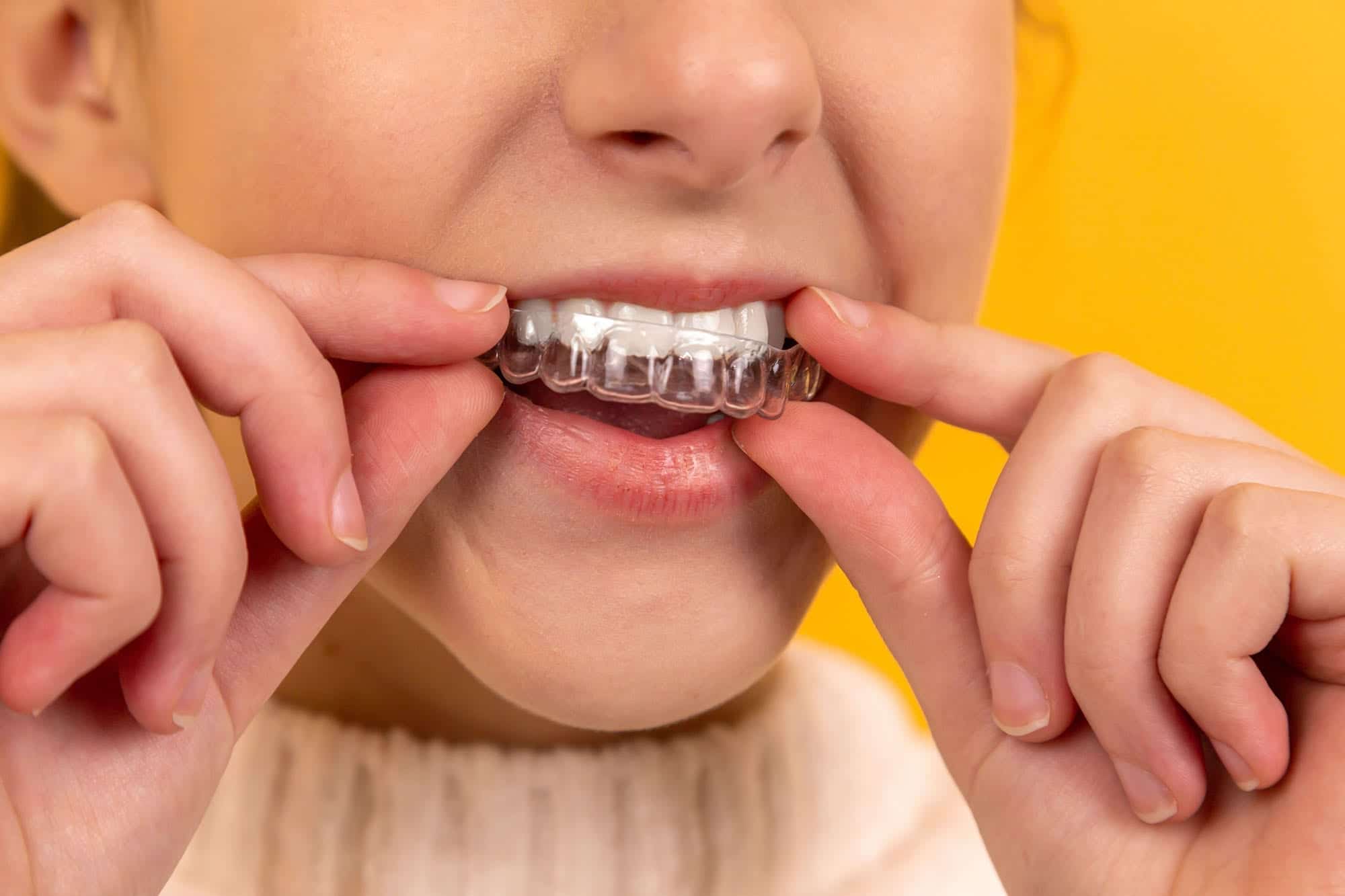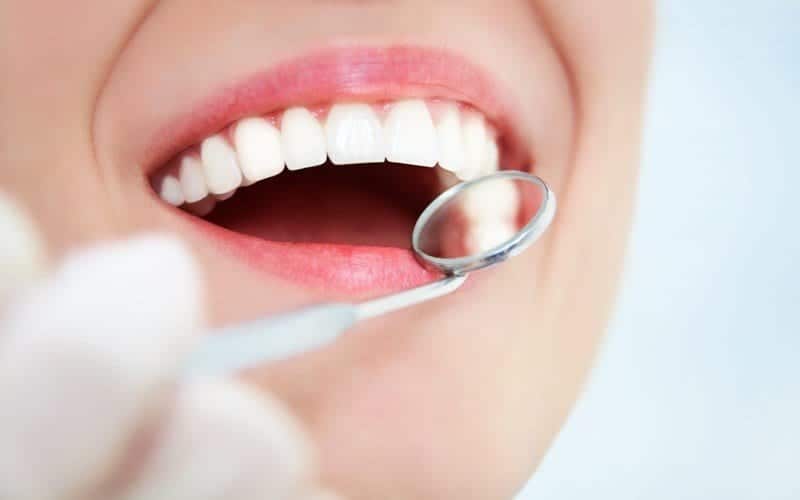Dentists for a last few decades have espoused the virtue and importance of flossing for dental health, sometimes to the point of claiming that the mouthwash and flossing combo is enough to substitute for good old-fashioned tooth brushing.
However, is it all that it’s cracked up to be? Why should people floss in the first place and why isn’t brushing your teeth enough to maintain your dental health? The obvious answer is to get rid of hard-to-reach food particles on the narrow spaces between your teeth that your toothbrush or even toothpick has a hard time to reach.
Flossing also gets rid of biofilm and plaque from the surface of every teeth gap. A toothbrush can’t reach those narrow spaces because of their smallness; flossing can. Dental floss is also safer and more sanitary to use on your gums than simple sharpened bits of wood or the tips of your fingernails. However, what do actual experts think about flossing?
According to the Actual Experts
According to Carne Barnes, who resides at the University of Nebraska Medical Center, flossing is important because dental plaque’s resident microorganisms converts the carbs that we eat into acid that attacks teeth enamel. The acid makes the enamel decalcified, thus causing caries, cavities, and lesions to form all over your compromised teeth.
As for the professor of comprehensive care and cariology at the New York University College of Dentistry, Dr. Walter Bretz, he claims that you should “floss or die” because there are links between periodontal diseases and systemic diseases like pneumonia, obesity, diabetes, and cardiovascular diseases. He advises that people should keep a regular flossing regimen of every morning, after meals and every night before going to sleep. There are no current studies in regards to weekly versus daily plaque removal through flossing, but since plaque formation is continuous, it’s better to err on the side of caution and floss daily.
Meanwhile, as far as Dr. Peter Lockhart of Charlotte, North Carolina is concerned (he’s the Chair Emeritus and a professor at the Carolinas Medical Center’s Department of Oral Medicine), there’s absolutely no question that flossing is important. Without it, people will suffer from more gum problems and inflammation due to all the plaque and stuck food in between teeth.
The Purpose of Dental Floss
Flossing helps against this issue and its respective complications (like plaque causing soft tissue or gum inflammation, resulting in diseases like gingivitis) because it reduces the potential number of snacks that these germs could acquire. Sure, brushing your teeth gets rid of plaque accumulation and using mouthwash kills the creatures in question. It’s not a waste of time to do and there are no viable substitutes for it.
Flossing is the detailing part of your dental upkeep because it removes the food particles you’ve missed after brushing and gargling. Letting that small fiber of meat isn’t only uncomfortable in your mouth or hurtful to your gums. It also serves as a breeding ground for microorganisms to feed, especially as the food rots inside the gaps between your teeth.
At best, you could get halitosis or bad breath. At worse, it could become a much worse condition, like periodontal disease or the destruction of the deeper supporting soft tissue structures and bone that holds your teeth in their sockets. This is why you must not compromise when it comes to flossing. Long story short, if you want to keep your teeth, you have to keep them clean in turn.
If you need deeper cleaning, read about Deep Cleaning.
Thantakit International Dental Center is Thailand’s longest established dental center. Situated in Bangkok, our clinic is renowned across the world as a destination for world-class dentistry, with most of our patients flying to us from Australia.
Please contact us today and get a FREE dental consultation.












